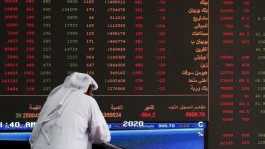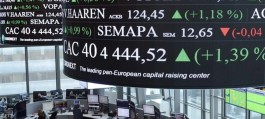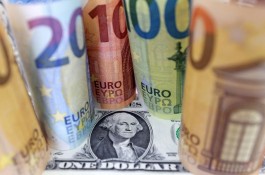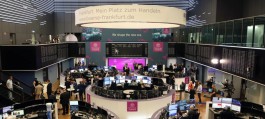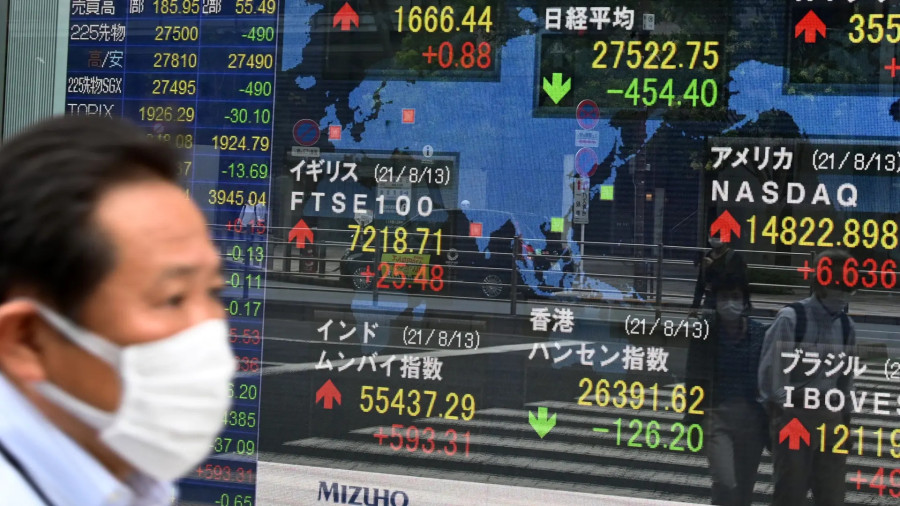Asian stocks rose as the slowdown in the US labor market deepened, fueling speculation that the Federal Reserve will be able to cut interest rates next year to prevent a recession.
Japanese stocks rose the most in a month, and shares in Australia, South Korea and Hong Kong also rose. China strengthened its support for the yuan through the daily reference rate to boost market sentiment, which was damaged after Moody's Investors Service lowered its credit forecast for the country yesterday, Tuesday. US and European stock futures rose after the S&P 500 index closed little changed.
US 10-year bond yields rose by 2 basis points in early Asian trading, after breaking below 4.2% on Tuesday. Australian and New Zealand bond yields followed the declines.
American jobs
The U.S. Job Opportunities and Labor Turnover Survey - known as JOLTS - for October missed all estimates in a Bloomberg survey of economists, reaching the lowest level since 2021. The data came just days before the main jobs report - currently expected to show that... Labor added 187,000 jobs in November.
“A clear trend of weakness in the jobs market can be observed, providing evidence that interest rate hikes are making their way through the economy,” Kyle Rodda, a market analyst at Capital.com, wrote in a note.
The Australian dollar was one of the best-performing currencies among its G10 peers in Asia, amid data showing the economy slowed surprisingly in the three months to September. The dollar index stabilized after two consecutive days of advance.
Treasuries also joined the global bond rally after one of the European Central Bank's most hawkish officials said inflation was showing a marked slowdown. That prompted investors to bet that Europe would lead the world's largest central banks to cut interest rates. Bitcoin rose for the seventh day, trading above $44,000.
Fear of exaggeration
Swaps anticipating the outcome of the Fed's meetings slightly increased their forecast for expected monetary easing by the end of 2024, with the effective federal funds rate expected to fall to about 4.05% from 5.33% currently.
BlackRock says market optimism about the scope of interest rate cuts next year may be overdone, and has recommended a step back from longer-maturity bonds. Strategists including Wei Li and Alex Brazier wrote: We see the risk of disappointing these expectations... Higher rates and greater volatility are what define the new regime.
On the other hand, oil prices stabilized after falling for four days, as near-record US exports heightened fears that increased supply will outpace Saudi Arabia's pledges that the OPEC+ alliance will implement planned production cuts. Gold stabilized - after falling by nearly 3% over the previous two sessions - as investors evaluated interest rate expectations after data showed a slowdown in the US labor market.








